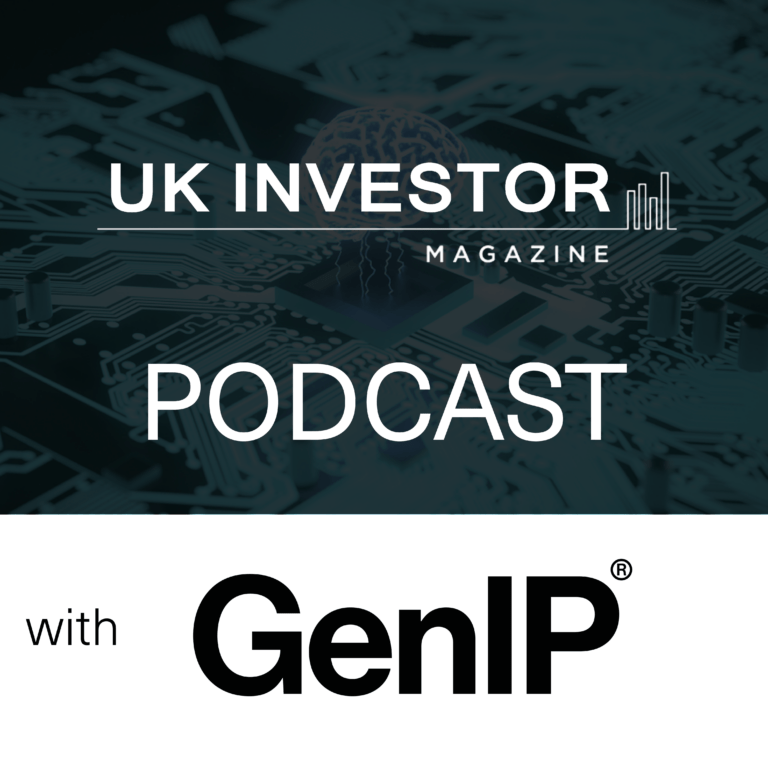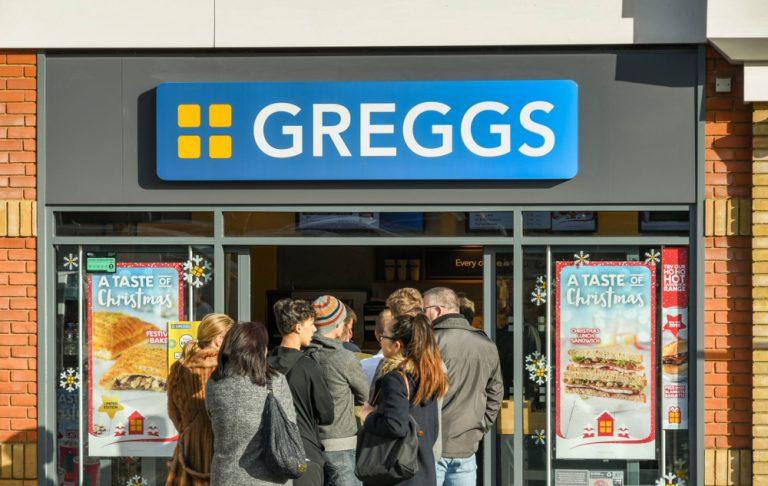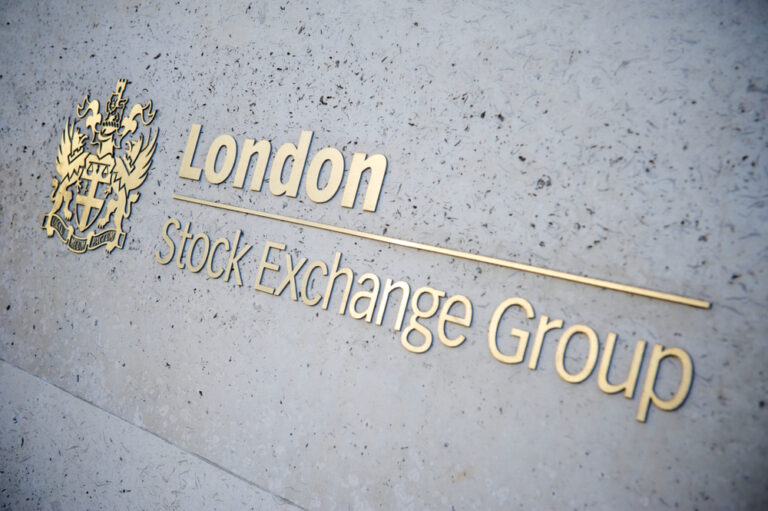Metals recycling specialist Majestic Corporation has reported a period of strategic progress in the first half, despite declining revenues amid challenging market conditions.
The company sources and processes e-waste and other forms of discarded metals, returning them to the supply chain through their established network of smelters and offtake partners.
Majestic posted revenue of $18.2 million for the six-month period, down from $25 million in the corresponding period last year. However, gross profit margins climbed to 8.6%—a 22% improvement on the prior year’s 7%.
Management attributed the stronger margins to a deliberate shift in strategy and its focus on extracting better value from key material streams, including platinum group metals, stainless steel, copper and aluminium.
UK push gathers momentum
Perhaps the most notable takeaway from today’s update for investors is Majestic’s plan to ramp up its UK expansion.
Majestic has accelerated its expansion into the British market through the completion of the acquisition of TeleCycle Europe Limited in the first half. Telecycle is a Welsh recycling operation that previously served as a tolling agent for the company and has provided an initial hub for Majestic as it expands its supply network across the UK.
In a sign of intent, Majestic is preparing to launch a 50,000 square foot facility in Wrexham later this year, which will substantially increase processing capacity and enable the firm to utilise advanced processing machinery to help boost margins further.
The company is also developing a proprietary digital application, currently awaiting approval from Apple and Google, designed to streamline material sourcing from smaller collectors and individual contributors.
Navigating industry turbulence
Like most companies involved in metal supply, Majestic faced headwinds in the first half of 2025. Trade barriers and tariffs disrupted flows of scrap and refined materials. Ferrous scrap prices were under pressure, particularly across Europe and Asia, where demand from automotive and construction sectors weakened.
However, the company believes these pressures to be transitory and pointed to its ability to increase margins during the period, despite lower revenue.
Majestic enjoyed strength in non-ferrous metals during the period, with copper and aluminium benefiting from manufacturing growth, electrification projects and renewable energy development. Platinum group metals and critical materials remain in short supply, driven by demand from clean technology and the production of electric vehicles.
“Despite volatility in global commodity markets, we reinforced our leadership in recovering and reintroducing valuable metals into the global supply chain, broadening our global customer base and positioning the business for continuous profitable growth,” said Peter Lai, Founder, CEO and Chairman of Majestic.
“Working towards our target of processing 100,000 tonnes of material by 2030, we are pleased to report strong progress in delivering our UK-focused growth strategy.
“A key milestone in this journey will be the launch of our new 50,000 sq. ft. facility in Wrexham in 2026, which will significantly increase capacity, enable the deployment of our proprietary processing technology, and support substantial UK revenue growth and margin expansion.
“We remain confident that our strategic focus will continue to drive continuous profitable growth, create long-term shareholder value, and secure the supply of critical and precious metals for economies worldwide and future generations.”
Majestic Corporation shares were flat at the time of writing on Tuesday after gaining over 30% since the beginning of 2025.











